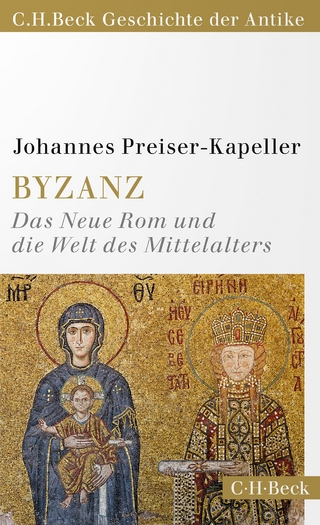
The End of History and the Last King
Achaemenid Ideology and Community Identity in Ezra-Nehemiah
Seiten
2021
T.& T.Clark Ltd (Verlag)
978-0-567-69801-8 (ISBN)
T.& T.Clark Ltd (Verlag)
978-0-567-69801-8 (ISBN)
This book examines community identity in the post-exilic temple community in Ezra-Nehemiah, and explores the possible influences that the Achaemenids, the ruling Persian dynasty, might have had on its construction. In the book, David Janzen reads Ezra-Nehemiah in dialogue with the Achaemenids’ Old Persian inscriptions, as well as with other media the dynasty used, such as reliefs, seals, coins, architecture, and imperial parks. In addition, he discusses the cultural and religious background of Achaemenid thought, especially its intersections with Zoroastrian beliefs.
Ezra-Nehemiah, Janzen argues, accepts Achaemenid claims for the necessity and beneficence of their hegemony. The result is that Ezra-Nehemiah, like the imperial ideology it mimics, claims that divine and royal wills are entirely aligned. Ezra-Nehemiah reflects the Achaemenid assertion that the peoples they have colonized are incapable of living in peace and happiness without the Persian rule that God established to benefit humanity, and that the dynasty rewards the peoples who do what they desire, since that reflects divine desire.
The final chapter of the book argues that Ezra-Nehemiah was produced by an elite group within the Persian-period temple assembly, and shows that Ezra-Nehemiah’s pro-Achaemenid worldview was not widely accepted within that community.
Ezra-Nehemiah, Janzen argues, accepts Achaemenid claims for the necessity and beneficence of their hegemony. The result is that Ezra-Nehemiah, like the imperial ideology it mimics, claims that divine and royal wills are entirely aligned. Ezra-Nehemiah reflects the Achaemenid assertion that the peoples they have colonized are incapable of living in peace and happiness without the Persian rule that God established to benefit humanity, and that the dynasty rewards the peoples who do what they desire, since that reflects divine desire.
The final chapter of the book argues that Ezra-Nehemiah was produced by an elite group within the Persian-period temple assembly, and shows that Ezra-Nehemiah’s pro-Achaemenid worldview was not widely accepted within that community.
David Janzen is Professor of Hebrew Bible/Old Testament, Durham University, UK.
1. Introduction: Community Identity, Achaemenid Ideology, and the Composition of Ezra-Nehemiah
2. Community Identity in Ezra-Nehemiah
3. The Beneficent King in Achaemenid Ideology and in Ezra-Nehemiah
4. God, the King, and Torture
5. Empire and Ideology in Persian-Period Judah
6. Conclusion: The Struggle over Community Identity in the Persian Period
Bibliography
Index
| Erscheinungsdatum | 25.02.2021 |
|---|---|
| Reihe/Serie | The Library of Hebrew Bible/Old Testament Studies |
| Verlagsort | Edinburgh |
| Sprache | englisch |
| Maße | 156 x 234 mm |
| Gewicht | 581 g |
| Themenwelt | Geschichte ► Allgemeine Geschichte ► Altertum / Antike |
| Religion / Theologie ► Christentum ► Bibelausgaben / Bibelkommentare | |
| Religion / Theologie ► Christentum ► Kirchengeschichte | |
| Geisteswissenschaften ► Religion / Theologie ► Weitere Religionen | |
| ISBN-10 | 0-567-69801-7 / 0567698017 |
| ISBN-13 | 978-0-567-69801-8 / 9780567698018 |
| Zustand | Neuware |
| Haben Sie eine Frage zum Produkt? |
Mehr entdecken
aus dem Bereich
aus dem Bereich
die Inszenierung der Politik in der römischen Republik
Buch | Hardcover (2023)
C.H.Beck (Verlag)
48,00 €


